Roof Report
How to Spot (And Avoid) Common Roof Scams
In a perfect world, a customer pays a business for a product or service—and everyone goes home happy. But shady business lurks in our imperfect world, sending scammers searching for their next opportunity to squeeze a few more unearned dollars out of naïve customers with their manipulative maneuvers.
The home improvement industry houses some of the most notorious scammers in the business world. The roof over your head—probably the single most expensive thing to fix or replace in your home—tops the list of areas scammers love to target.
Costing thousands of dollars for the wrong contractor to work on the first time around—and potentially thousands more for the right contractor to fix the second time around—the most common roof scams cheat homeowners out of time, money and peace of mind. Here’s how to spot them—and how to avoid them.
The scam: storm chasers.
“Storm chasers” travel door-to-door searching for damaged roofs to repair or replace after bad weather events. This shady type of contractor dreams to replace as many roofs as possible for the lowest possible cost—and then skip town.
A storm chaser might show up at your door unannounced after just having finished fixing another roof in the neighborhood with extra materials available at a special discount. The contractor might also convince you to file an insurance claim for a new roof at a huge discount or even for free.
The plan is simple: you pay the roofer and the insurance company pays you—everyone wins. (A similar scam happens when roofers promise you a new roof with no deductible). However, beware of a roof built with extremely shoddy craftsmanship that may last only half the lifespan (or less) of a well-constructed roof.
How to avoid it.
Pump the brakes before you let a storm chaser rush you into replacing your roof. (These scammers know exactly how to take advantage of your anxiety after a storm.) Take a deep breath and do your homework. Gather as much information as you can about the roofer’s insurance, local references, licenses, and reviews. You can never know too much about the contractor tasked to work on your roof.
The scam: low starting bid.
Another type of roof scam tempts homeowners with a miracle price, the absolute lowest among any local competitor. The problem: that extremely low starting bid creeps up mid-project along with unforeseen problems and inflated material costs. (Roofing material costs do fluctuate—but rarely in the middle of a project.)
How to avoid it.
Again, do your homework. Talk to multiple roofing contractors about pricing, discussing everything up front. Before you sign, make sure your contract covers as many curveballs as possible. The best roofers in the game protect you from this common scam by offering one price for both labor and materials.
The scam: mystery damage.
Your roof seems fine, even after that big storm. One day—out of the blue—a roofer knocks at your door to inform you about damage he noticed from the street. Odds are the damage is vague: it’s probably “something you can’t see”—but “a major red flag” nonetheless.
Upon closer inspection, the roofer realizes it’s “a real mess” up there. However, there may be no damage at all—at least not enough to justify a full roof replacement. (Some “mystery damage” roof scammers even damage roofs themselves!)
How to avoid it.
Beware of the “Good Samaritan” roofer who “happens to drive by” and “happens to notice” damage to your roof. Never let a stranger on your roof, never sign a contract based on an out-of-the-blue, high-pressure sales tactic, and always get a second opinion before you hire a roofer to repair or replace your roof.
The scam: insurance fraud.
Roof scammers notoriously commit insurance fraud to get one over on unsuspecting homeowners.
For example, a contractor may submit two separate invoices—a lower one to you and a more substantial one to an insurance company. A contractor may also claim to get enough money back from overbilling an insurance company to reimburse your deductible. Both tactics are fraud, each one prosecutable by law.
How to avoid it.
Listen carefully to a contractor’s offer. Beware of any roofer that offers to pay your insurance deductible or pushes other no-cost incentives.
The scam: poor materials.
In this classic bait and switch scenario, roofers promise to use high-grade materials, only to swap them out under your nose for low-grade alternatives.
How to avoid it.
Protect yourself by adding a clause to your contract: if a product is unavailable, the contractor promises to swap them out with replacement products of similar quality. Also, research the roofers in your area. Find a licensed, bonded, insured, and established roofer that offers full warranties for both materials and workmanship.
The scam: inadequate repairs.
One of the harder roof scams to spot, the inadequate repair can rear its ugly head long after the roofer completes the job.
The scam starts with a cheap quote. You are happy with the results at first and even months down the road. However, many roof problems happen below the surface. (A contractor can install new shingles, for example, without fixing the core issue.) The end result is a roof that looks great but performs just as poorly as before.
Whether created from cutting corners or by skimping on nails or adhesives to save time and money, inadequate repairs can go unnoticed until a heavy storm hits. However, you can take measures to mitigate the potential damage to your roof and home.
How to avoid it.
Speak to multiple contractors before hiring one to repair your roof. Start with a good idea about the scope of the project and the dishonest roofers will stand out like a sore thumb. Once again, pump the brakes. Give yourself time to weed out the shady roofers by calling contractors as soon as you notice a problem. Follow up by inspecting the roof at various stages of the project.
The scam: unnecessary repairs.
This close cousin to the inadequate repair happens not when a less-than-reputable roofer skimps on work but when the roofer does too much work. The unnecessary repair is hard to spot for the same reason: most roof damage happens below the surface.
How to avoid it.
Take the same steps you would to avoid the inadequate repair. However, understand the unfortunate nature of this common roof scam: you may never know you paid for an unnecessary repair.
The scam: overcharging.
This common roof scam is as simple as it is sneaky: the roofer overcharges on materials and hopes you won’t notice.
How to avoid it.
Keep track of the expenses on your bill and keep a close eye on the contractor. Compare multiple bids before starting a project and know when the costs exceed what is normal for your area.
The scam: charge and run.
Just as simple as overcharging is the charge and run. The roofer asks for money down before starting the project and skips town before doing the work.
How to avoid it.
Check online reviews to verify a roofer’s reputation. Beware of any contractor asking for the full amount for repairs up front. Instead, find a reputable roofer that requires partial payment until completing the work to your satisfaction.
Place your biggest asset in our hands.
Trust the most awarded contractor on Long Island to repair or replace your roof with full warranties on both materials and craftsmanship. Reach out to King Quality today and discover the royal treatment for you and your home.









